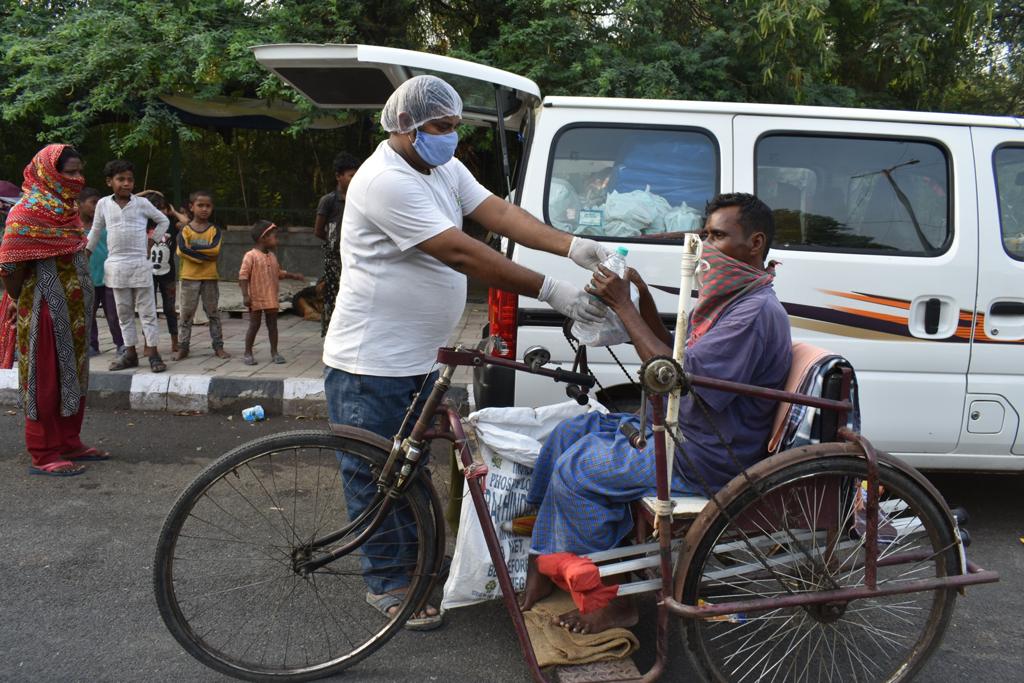Help
verb
to make it easier or possible for (someone) to do something by offering one’s services or resources.
Helping someone is considered a noble deed across the globe. But, who decides the fact that who requires help and who does not? One of the basic rules of helping someone is that it is not forced upon the one receiving help. The receiver in this case could be anyone – a child, woman, man, elderly or a person with disability.
As a society in its entirety, we have been socialised by our ancestors and movies that helping someone (without their consent) is fine. For example, helping a person with visual impairment cross a road. While the individual helping might have done it out of courtesy or a genuine feeling of empathy, but did the person with disability outrightly ask for that help though? We don’t know the answer since consent was not sought before offering their help. Allow me to put this into perspective. Imagine, you are at a crosswalk waiting to cross it. A stranger walks by, holds your hand and starts crossing the road. How does this thought feel? Infuriating? Probably uncomfortable? A person with disability goes through a similar fleet of emotions when an unsolicited help is thrust upon them.
Please note that this is in reference to people with physical disabilities and not invisible or intellectual disabilities. Having worked with quite a few adults with physical disabilities, it has come to my realisation that more times than one would care to admit, they have refused help but always appreciated the offer for help.
This is nothing but mindfulness at its most basic form. Being mindful of someone’s individuality, disability and capabilities is the least one can do to truly help someone. The first step towards reaching out often arises from the fleeting feeling of mindfulness.
How about starting today, we practice mindfulness and a little awareness before we set out to help someone? Go on and help a person in need but right before you take action, pause for a moment there and just ask the person you are about to help (regardless of their disability, age, or gender) if they require the assistance you are offering. In case they answer in affirmation, go ahead and help them with all your heart. It would be the most fulfilling experience in your life.
About the Author
Eeshwarna Sethuramalingam is the Programme Manager at Wishes and Blessings. When she is not petting dogs, you can find her painting away in a corner.


